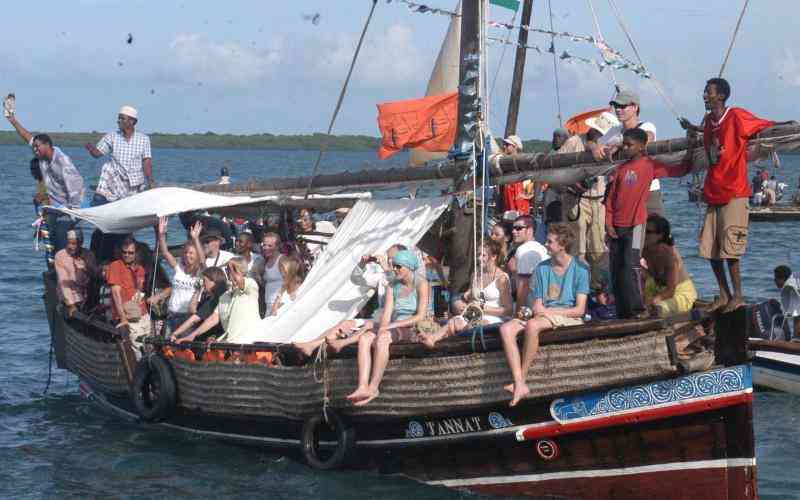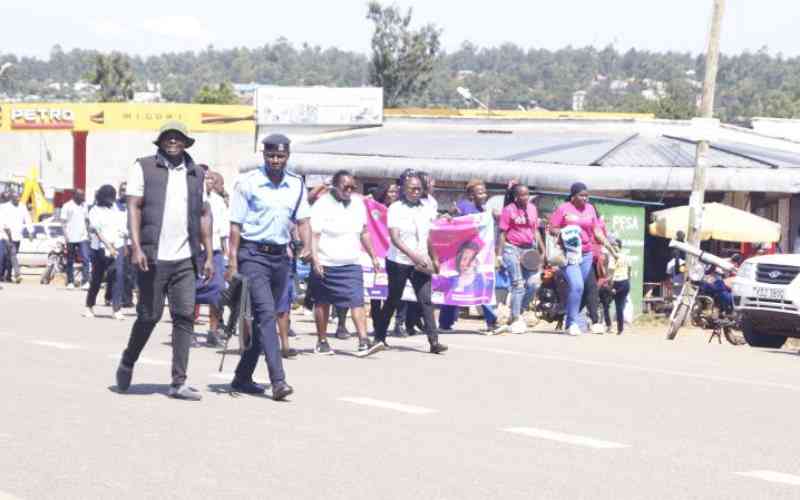When female shoppers face harassment from market guides
For many women in Lagos, visiting the market is no longer just a regular shopping experience; it has become an exercise filled with fear, discomfort and sometimes, trauma.
This is because what is expected to be a seamless and stress-free activity has been turned into a battleground where women are subjected to harassment by so called market guides, commonly referred to as Osaya. And the subtle harassment by these boys is gradually becoming a normalised behavior.
Adetola Olaoluwa recalled how she used to feel safer at Balogun Market compared to Yaba. “I used to prefer Balogun to Yaba market because the guys in Yaba are always harassing ladies. One day, they were dragging my Muslim friend and even removed her scarf,” she said.
“Since then, I stuck to Balogun because in Balogun, they won’t touch you; they just talk and try to convince you. However, recently, I went back and it’s even worse now. This guy grabbed my hand and I was scared for my life. I’m still traumatised the way I was pulled front and back the boys. Every time I remember the incident, I still feel the grab on my hand.”
Another woman, Jumoke, shared her experience near the Ikeja under bridge area. “I was coming back from an audit that day and on the phone with my mum. All of a sudden, someone slapped my bum. I was so shocked, it felt like a film. People passing by were as shocked as I was. I did not even know how it happened and the person just kept walking like nothing happened.”
For Nafisat Adeoye, her visit to the market ended with a broken phone. “I was carrying two bags and holding my phone when someone pulled me so hard that my phone dropped and hit the ground and the screen cracked. Nobody said sorry. It felt like it was normal for them. I was frustrated but kept walking. It wasn’t just the broken phone, it was the disrespect. They acted like I owed them my attention just because I was walking past.”
This culture of harassment is often tied to the presence of Osaya, young men who often help shoppers to find their ways to specific shops in exchange for commissions from the shop owners.
Hawau Moji, a shop owner at Balogun explained how this works. “They’ll take a customer to a shop and whatever the customer buys, they get a percentage. If a customer buys something for 75,000 naira, the shop owner might keep 65,000 and give the Osaya 10,000. Some can make as much as 500,000 or even 1 million from a single customer, depending on the volume of sales. The shop owners also benefit because finding customers is tough” she explained.
The problem isn’t limited to a few major markets. Even in places where some form of regulation is said to exist, the harassment is not lesser. Speaking on behalf of the Iya Oloja of Computer Village, Mutiu Onajobi, claimed that task forces are in place to curb such incidents. However, his claims contradict what many shoppers, especially women, continue to experience at the market.
Chisom is one of many who have turned to online shopping to avoid the stress and harassment associated with Lagos markets. She recalled a particularly frustrating experience at Computer Village, where an Osaya began following her the moment she entered the market.
“He kept persuading me and said he would take me to where I would get the cheapest HP laptop,” she said. After much pressure, she agreed and ended up buying the laptop for ₦290,000. “When I got home, I was just scrolling online and saw the exact laptop, same features and model being sold for ₦250,000. I was so pained,” she added.
“I even dashed him some money after buying it, thinking he really helped me.” For her, the stress and deception were enough reasons to take her shopping online, where she can make decisions without any influence and harassment.










